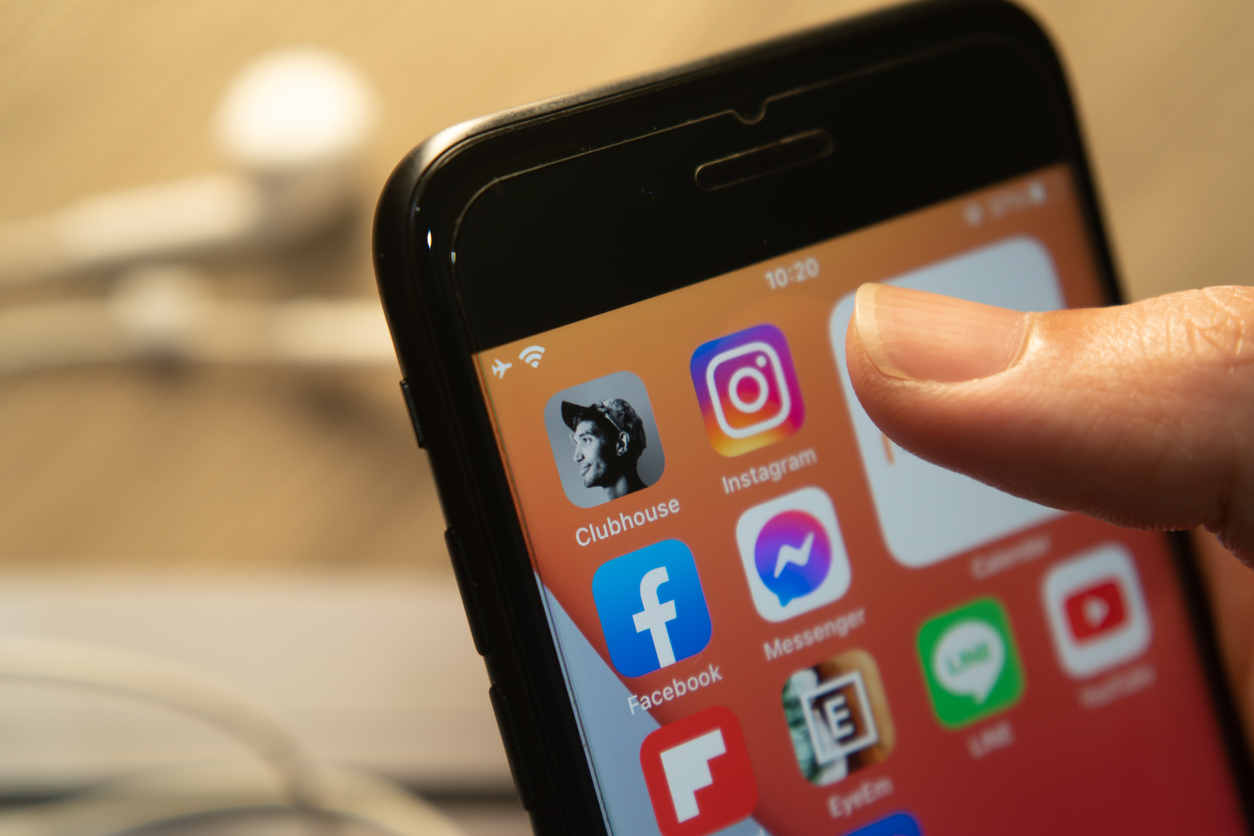It’s become increasingly common in recent years for professionals across a wide range of industries and fields to use social media as a means of finding clients and customers. Attorneys are no exception.
Clubhouse is one app that some attorneys have begun using in this capacity. This unique social media platform allows users to join audio-only chat rooms on various topics. Some of these topics can relate to areas of the law.
How Are Attorneys Using Clubhouse?
Some attorneys who have successfully used Clubhouse to grow their client bases have chosen to host their own chat rooms. By doing so, they’re able to deliver presentations to demonstrate their skills and knowledge. Basically, Clubhouse can serve as another platform for content marketing.
Other attorneys report using Clubhouse for networking purposes. They point out that speaking in a Clubhouse chat room is in many ways similar to speaking at a conference. The difference between the two is that geography can limit who can attend a conference where a lawyer is speaking. With Clubhouse, an attorney can reach a far larger audience than they might by presenting in person.
Many also use the app as an educational tool. For example, immigration attorney Carol Williams has found that Clubhouse allows her to learn more about the struggles professionals in related industries may face. As Williams states, “[f]rom my perspective, it is always helpful to know what the pain points are, or conversely, what you love so I can help give you more of what you love and less of what you don’t.” Clubhouse has apparently made learning about said pain points even easier for Williams.
Ethical Considerations When Using Clubhouse
However, some question whether using the app in this way could be unethical. The primary concerns among lawyers tend to be related to client confidentiality. Because using blogs and social media as marketing tools has become commonplace among attorneys, the American Bar Association has had to update its rules to address these topics. Clubhouse may be another platform that must be considered in future updates to the ABA’s rules.
Additionally, lawyers need to be extremely careful when discussing legal topics on Clubhouse. They must not say anything that could be interpreted as specific legal advice. While they can give general recommendations, they must remember that specific guidance can only come from a hired attorney who understands the nuances of a particular case. Remembering to not give specific advice can naturally be difficult when using an audio-based app that lets users respond to questions immediately.
That said, some lawyers say they believe discussing the law on Clubhouse is no different than in other settings. One such attorney is Francesca Witzburg. She’s an attorney who has been relying on social media to help her grow a client base after leaving Dentons.
According to Witzburg, “I don’t see any difference in me standing up at a city bar event or a New York State Bar event and talking about the law versus being on these platforms. I think the same level of care applies; it’s just in a different medium.”
It’s worth noting that some of the concerns regarding attorneys’ use of Clubhouse might also be a result of the app’s age. Clubhouse was initially released for the iPhone in early 2020. An Android-friendly version of the app has only been available since May 2021. As is often the case with new social platforms, there are questions about whether the app will allow users to take advantage of it in a way that could be considered unethical.
These types of worries are natural and appropriate in the legal profession. Attorneys must walk a fine line when networking and marketing their services. They need to find ways to show they are experts in their areas of the law, while also ensuring they don’t violate the rules established by the ABA.
In other words, there may eventually be instances (if there have not been already) when attorneys misuse Clubhouse. That said, as of now, it’s too early to say whether attorneys should refrain from using the app entirely.

